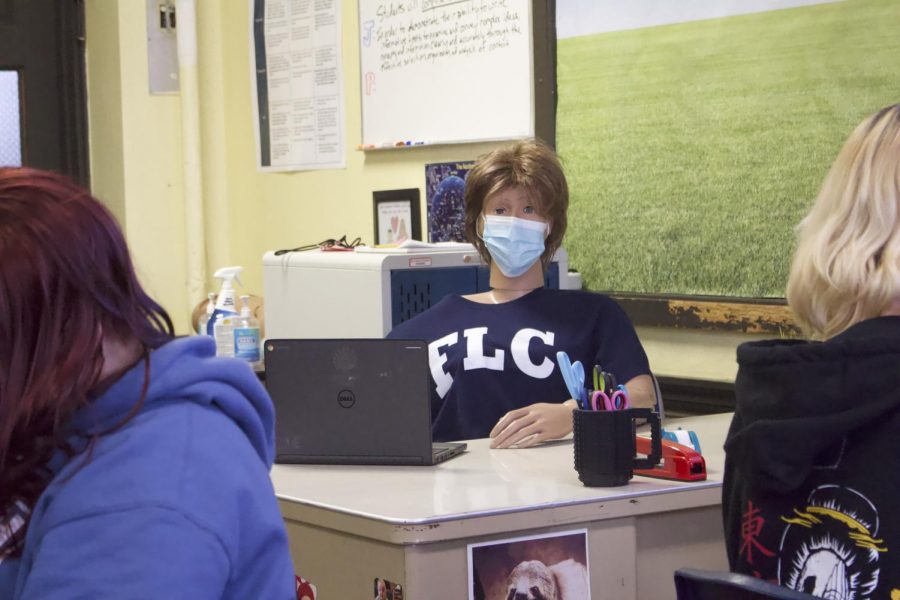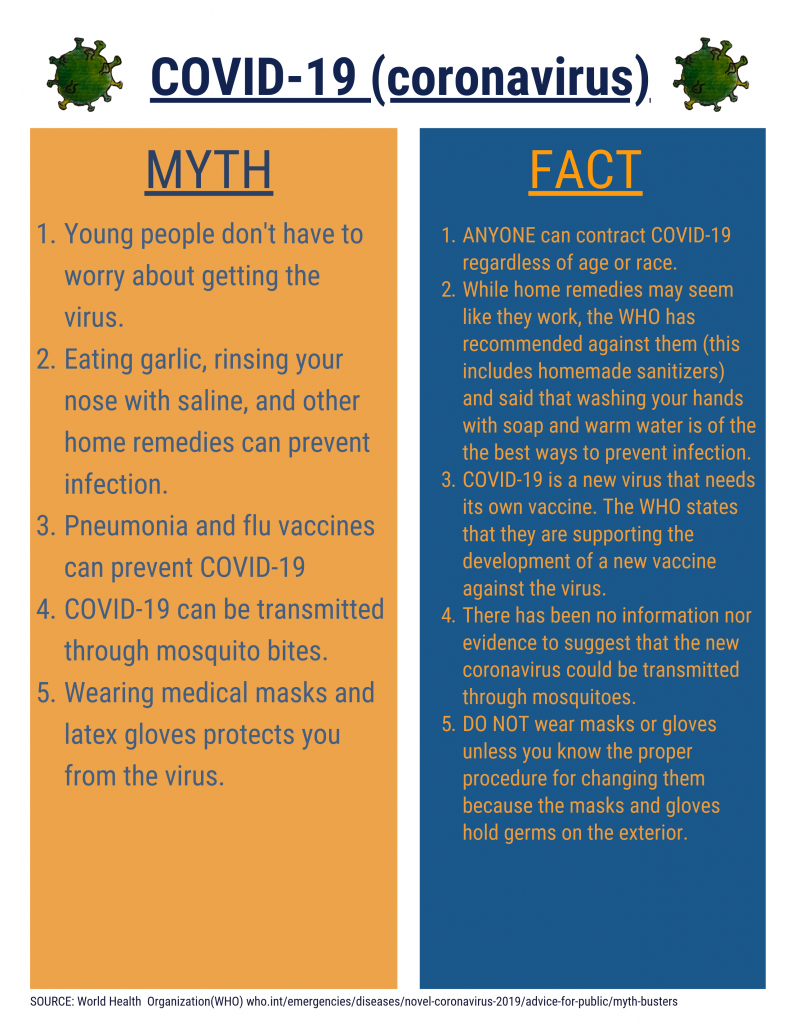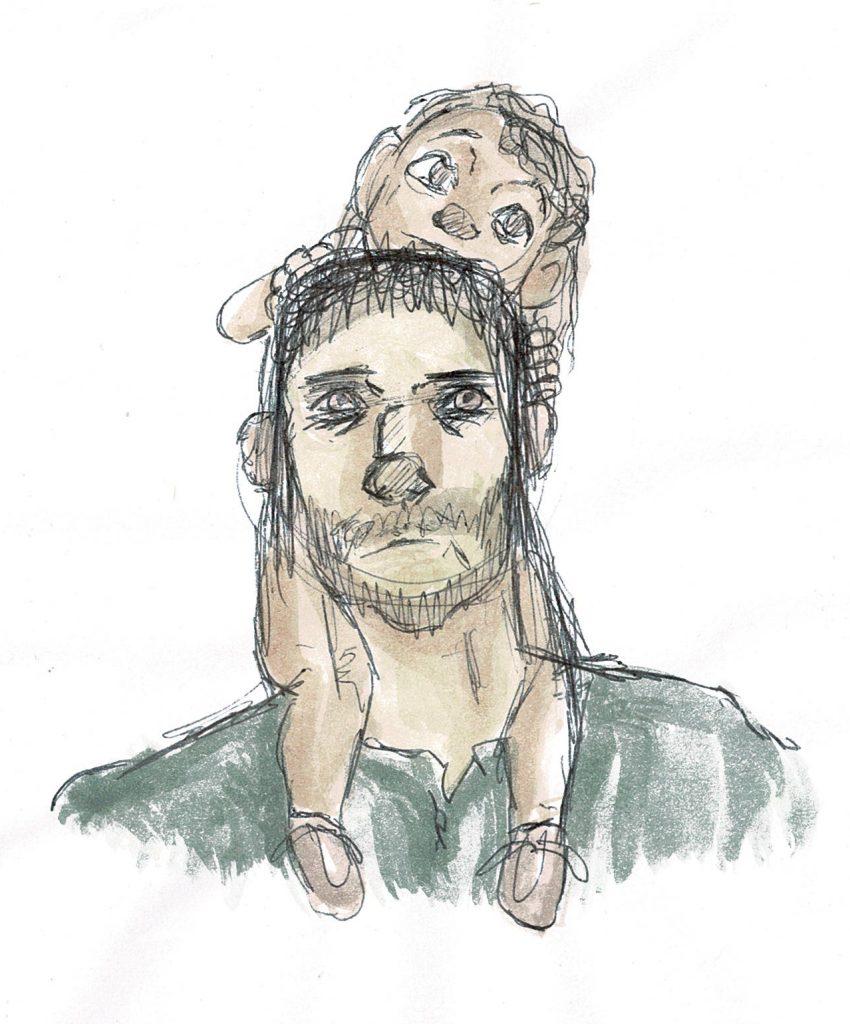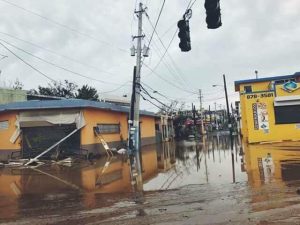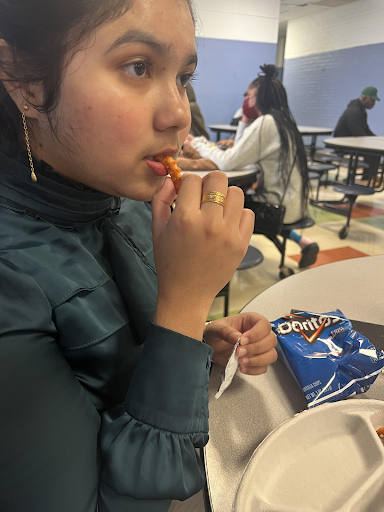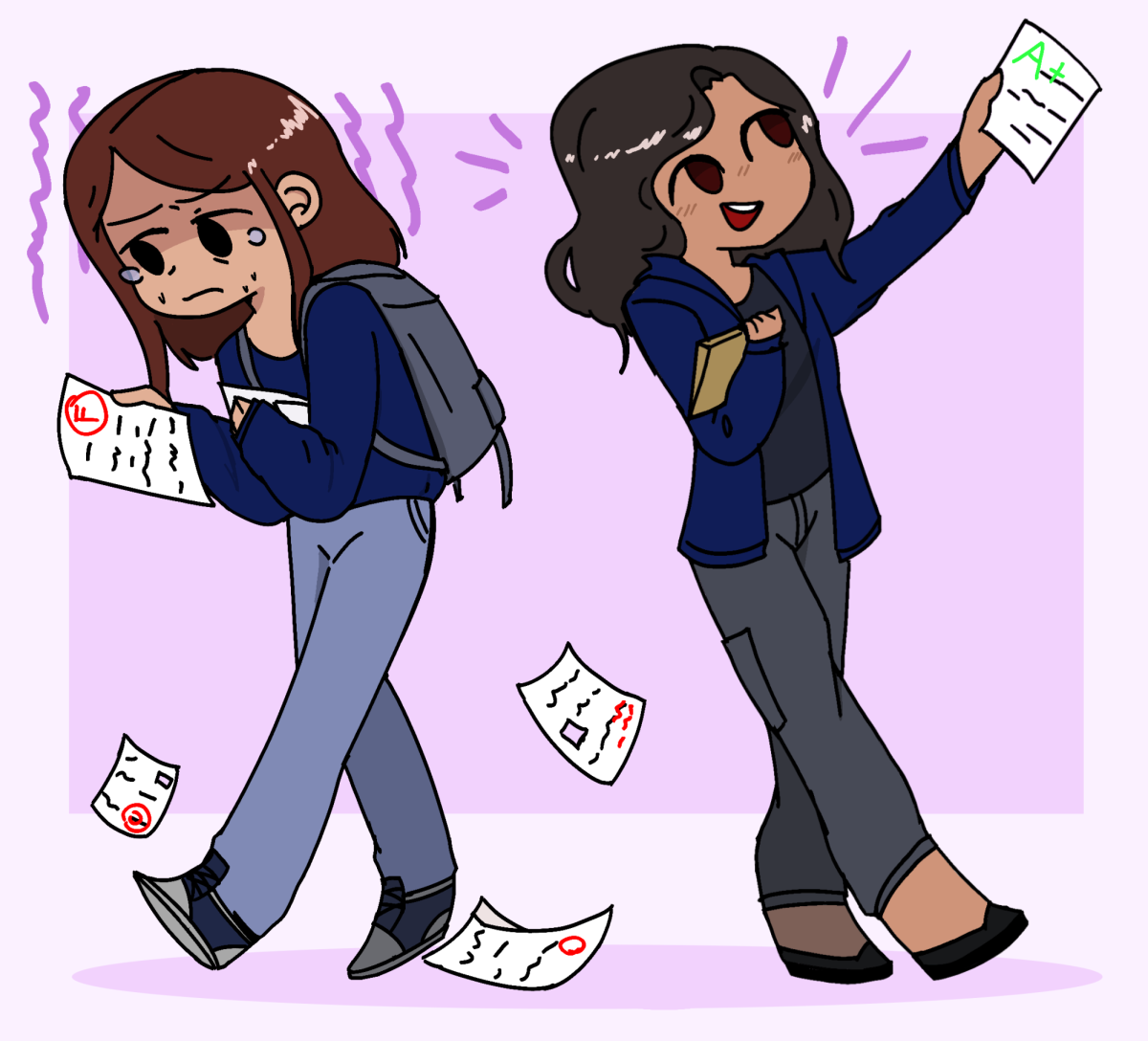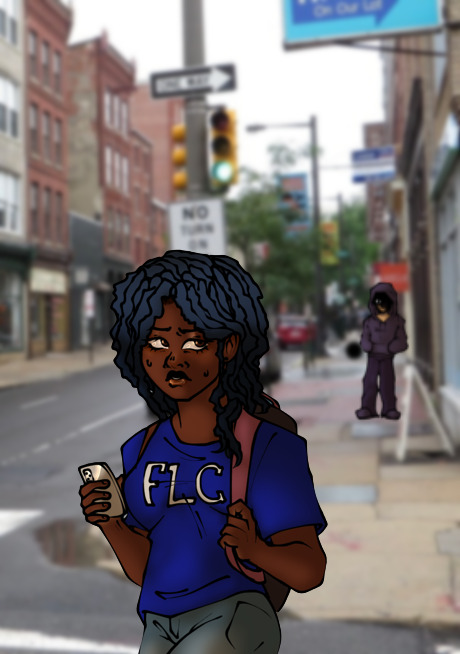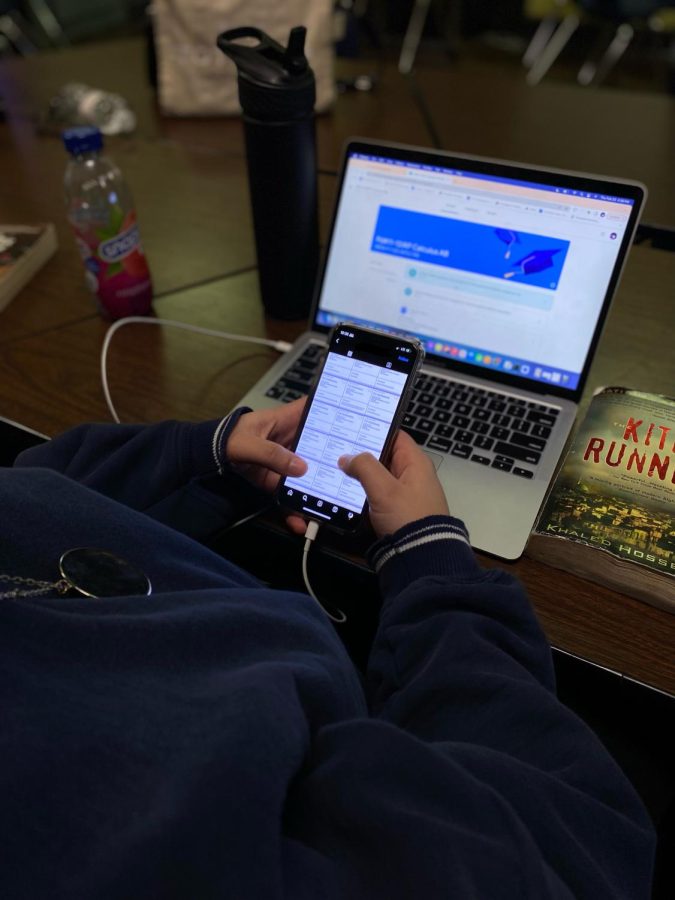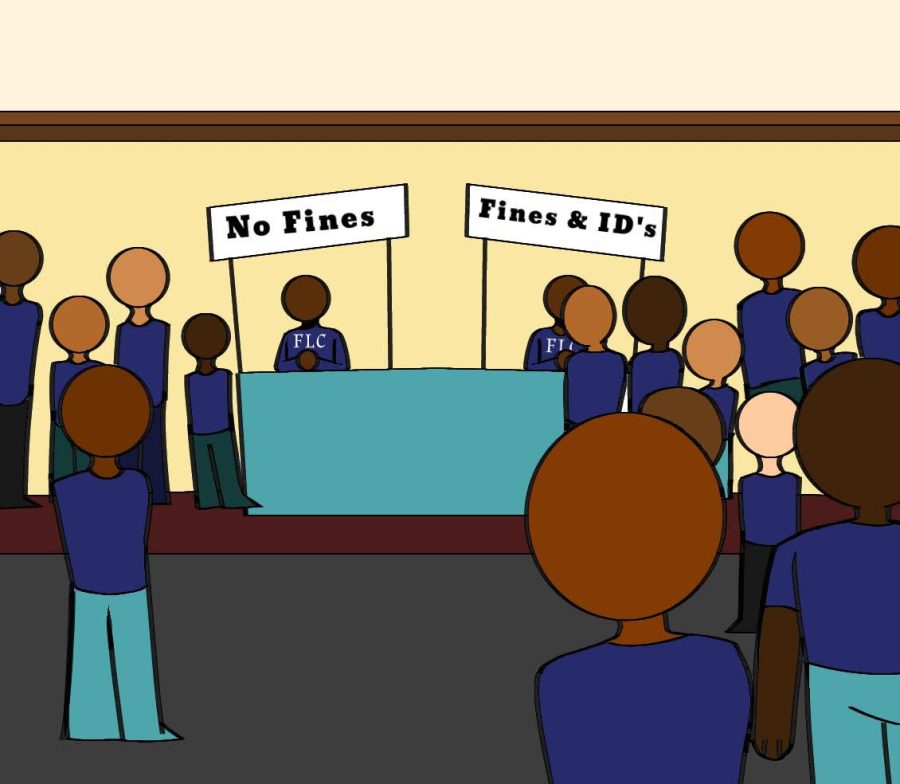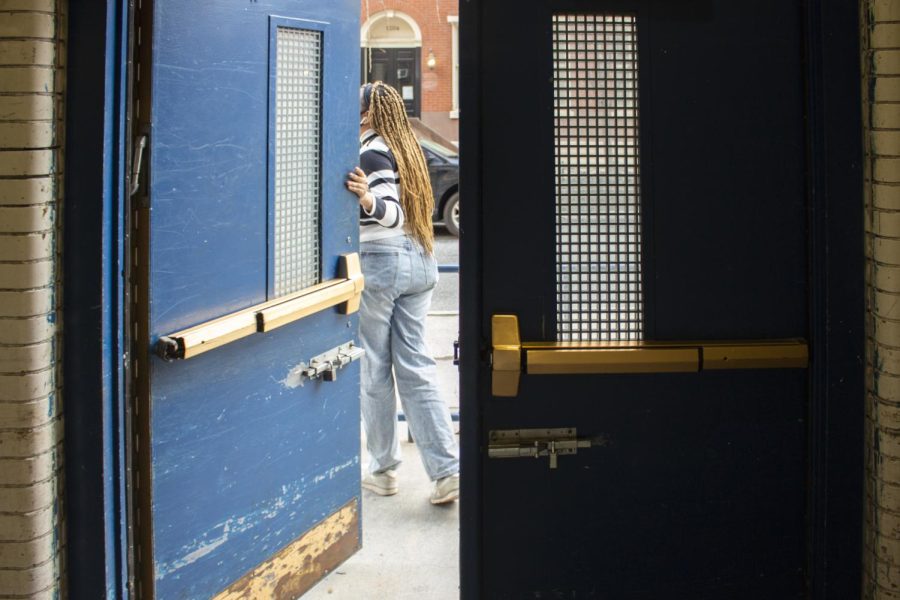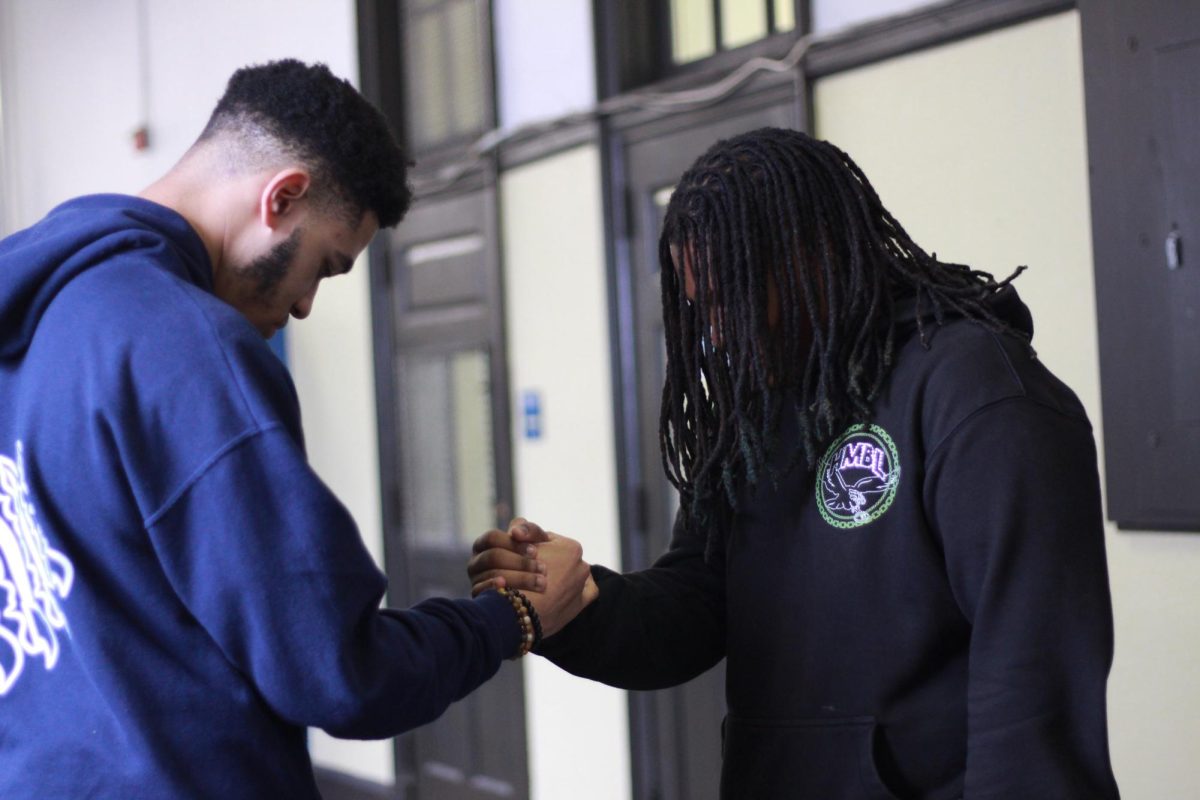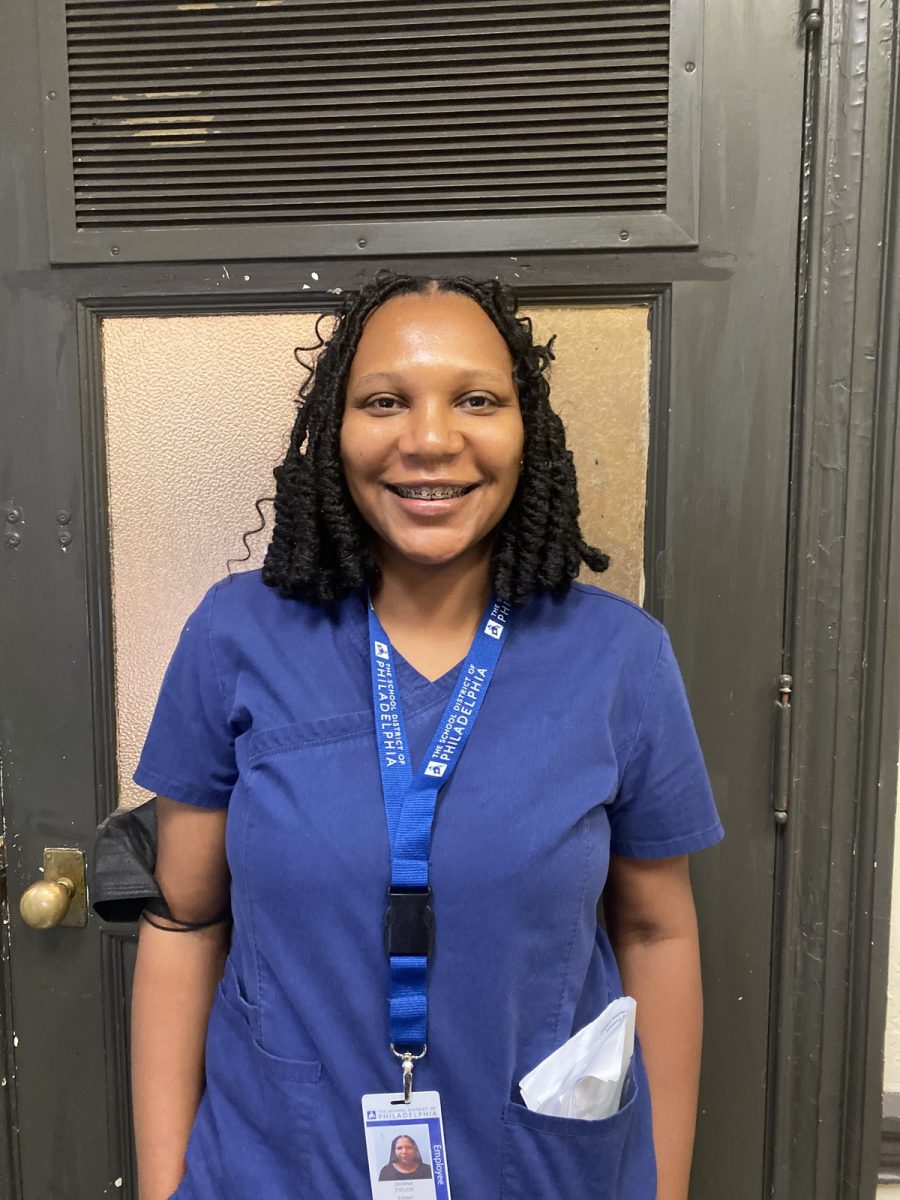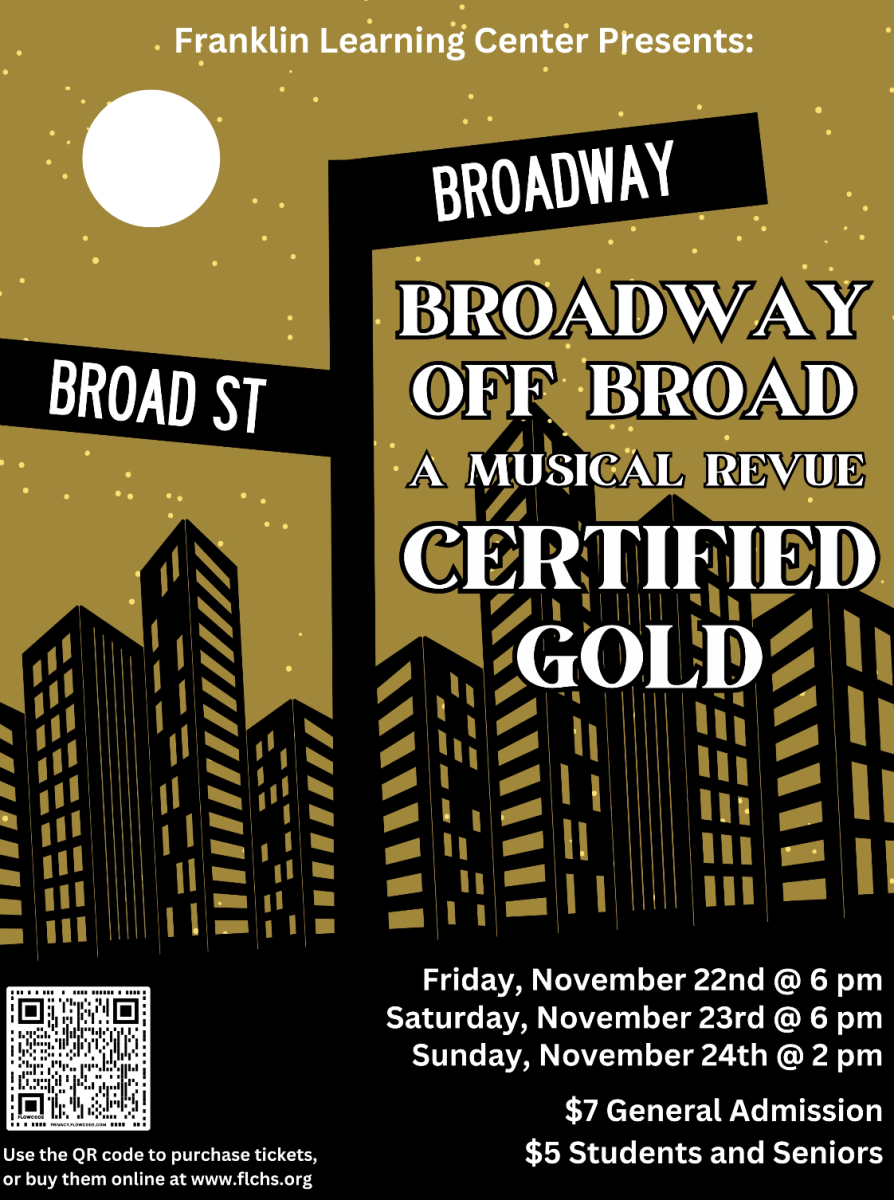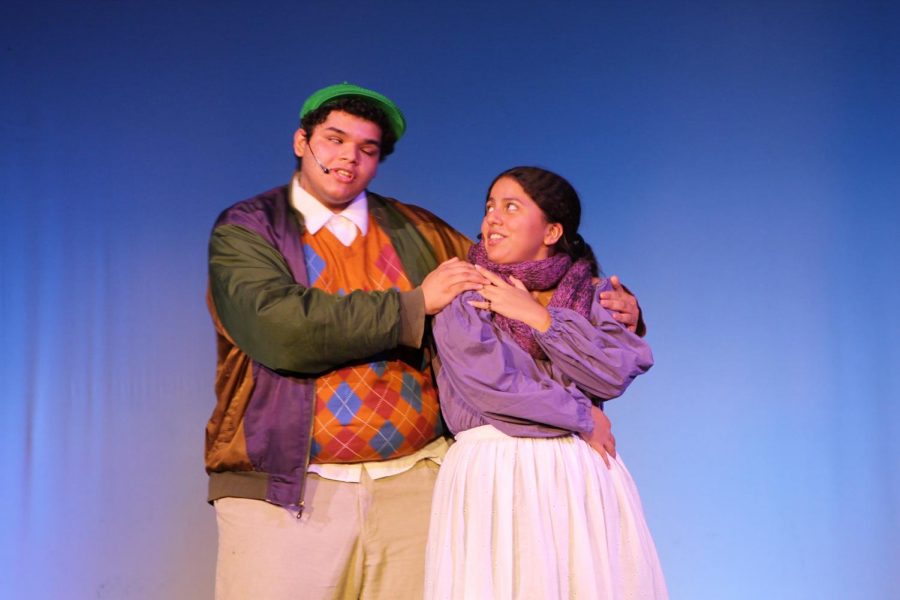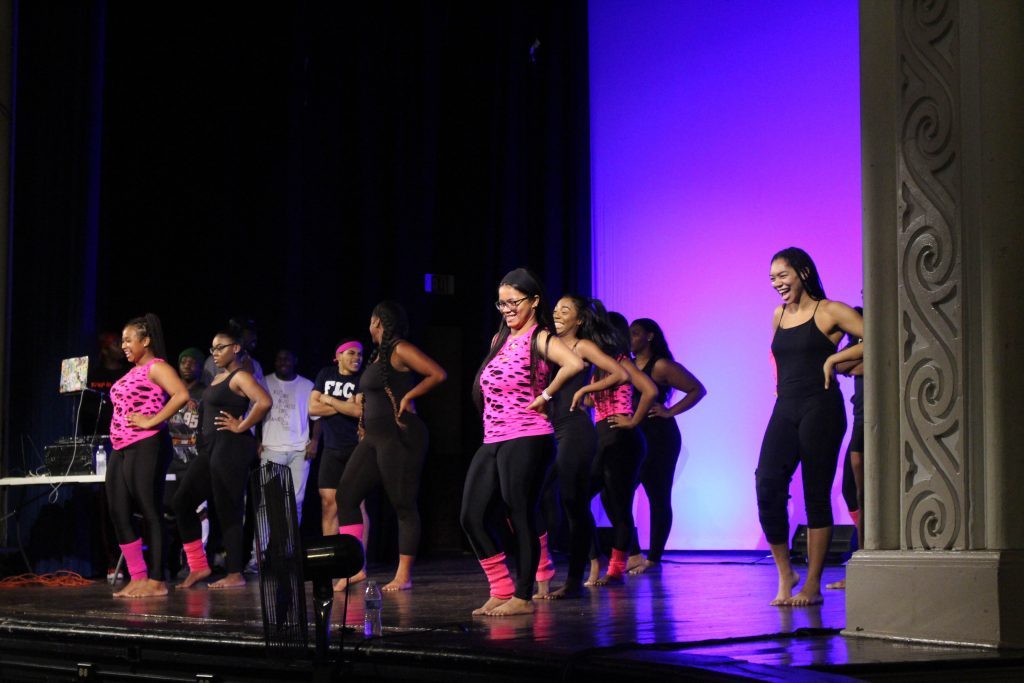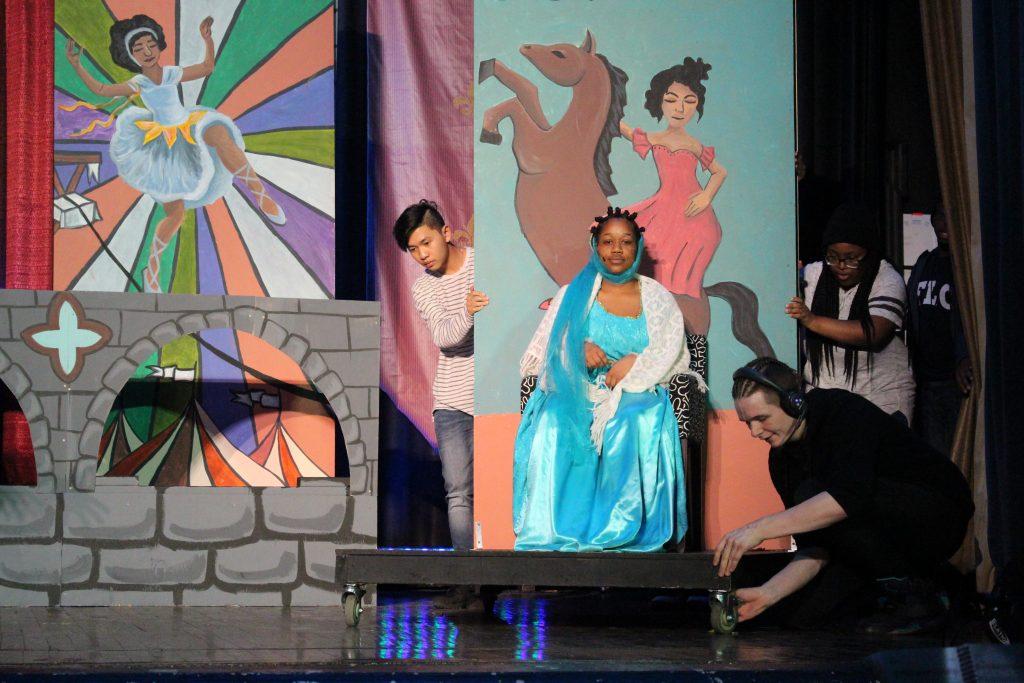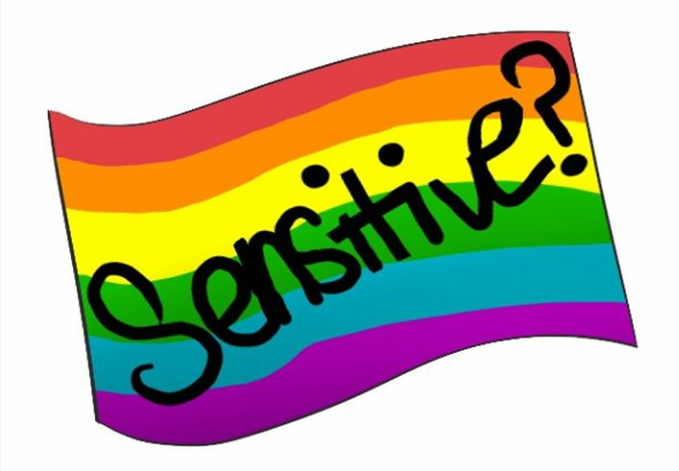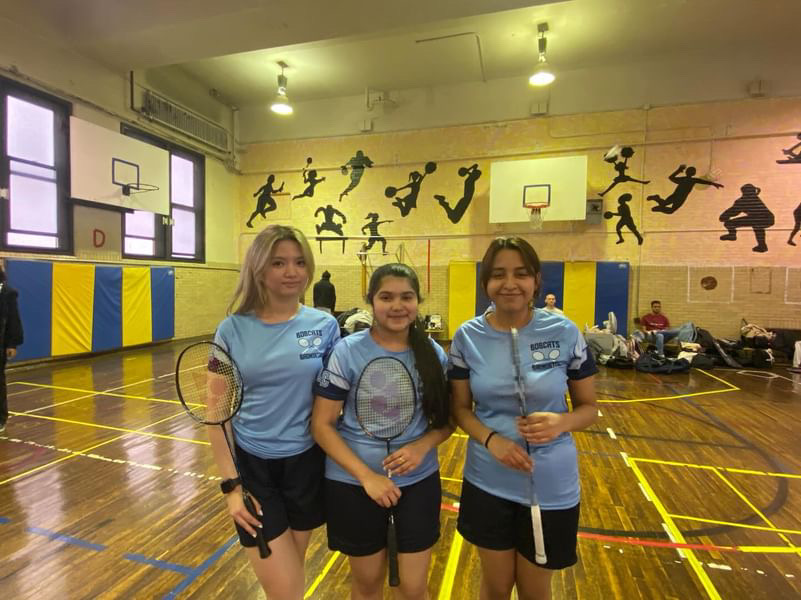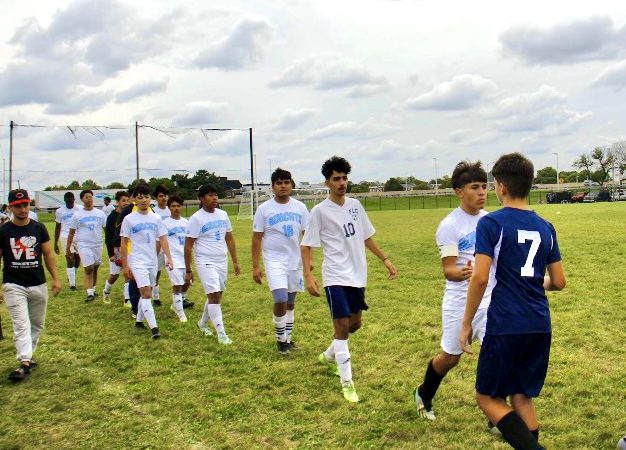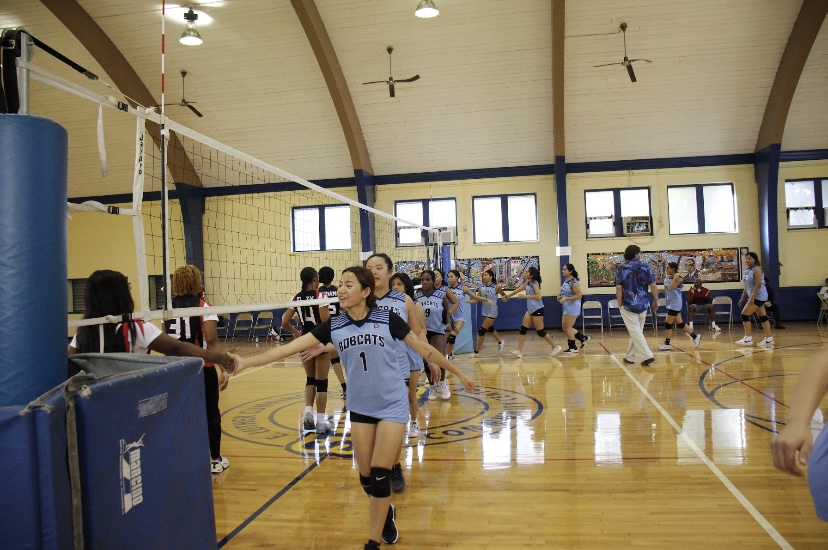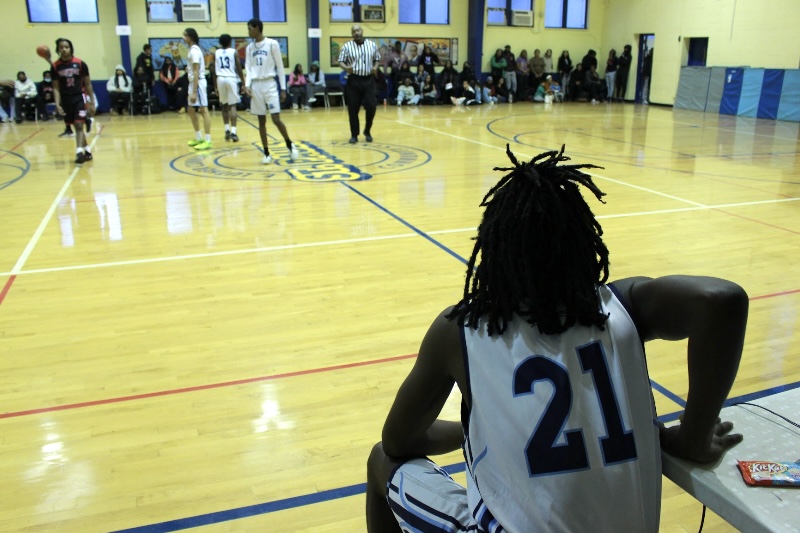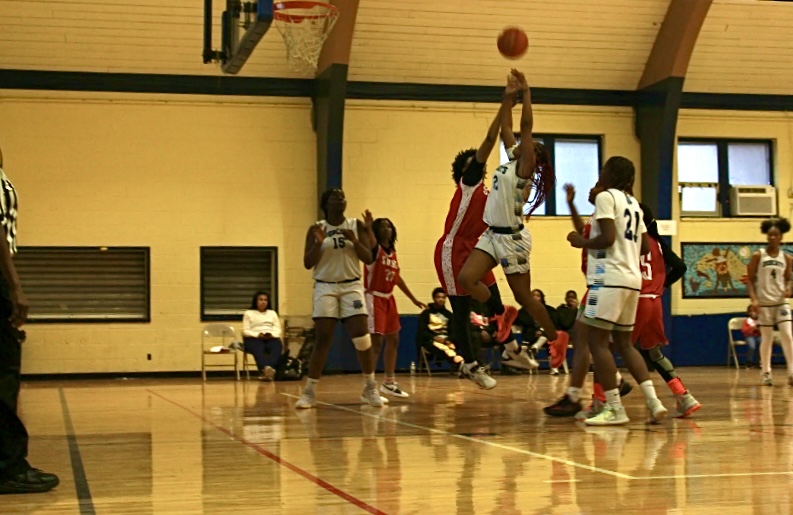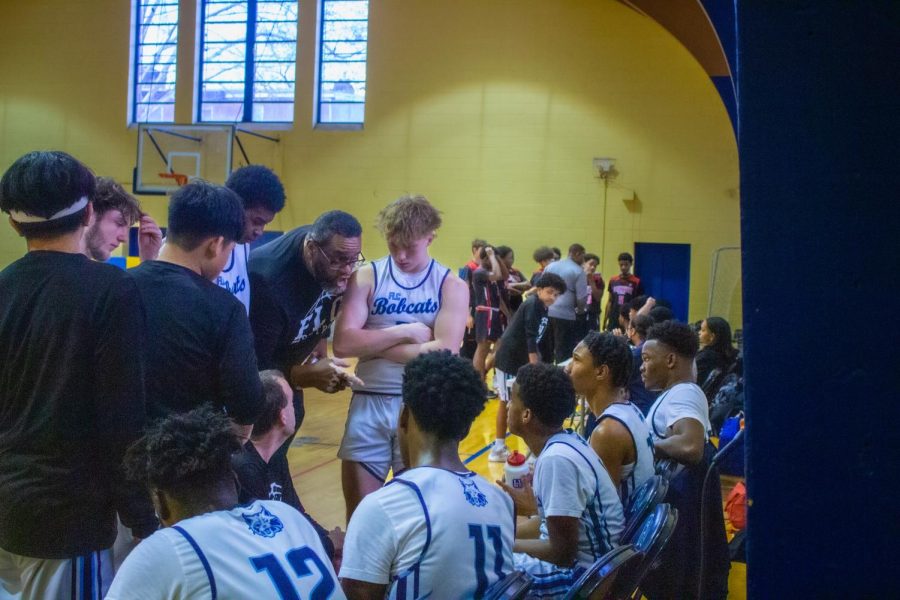Guide To Command English This School Year
FLC student looking into an open door with full white light coming out around them.
December 20, 2022
I was raised by two Mexican parents in a Spanish-speaking household and have lived in Philadelphia all my life. So, the English language wasn’t necessary for me until I started first grade in the School District of Philadelphia. In that new environment, not knowing English completely shut me down. I felt ashamed that I wasn’t on the same level as the rest of the students. It made me seem completely ignorant since I wasn’t like the others who spoke English. I knew the basics but that didn’t matter because in elementary school the gaps in my language seemed impossible to overcome. Now I’m able to say that I have mastered English. Not quite like native speakers, but I conquered something that at first seemed to be an endless struggle. Now I am bilingual.
When transitioning into a new environment, students like me face several challenges which include getting their education interrupted, language barriers, and cultural barriers, and even so you face rejection from others. I went through a lot but other students have it worse than me. Not knowing English in any place closes many doors for you, whether you are an adult or a teenager, especially when you are at school since it happens to be the first experience that some have with people outside of their social circle. Because of this, language learners have to quickly adapt and learn to live in both worlds.
Not knowing a language puts a lot of pressure on students. But public schools like Franklin Learning Center have opened their doors each year to dozens of Spanish-speaking teenagers who they are helping to take the first steps in a new chapter. This is not easy, since it is a new routine.
Ricardo Ciprian, a sophomore in the Medical Assisting program, is originally from Puerto Rico.
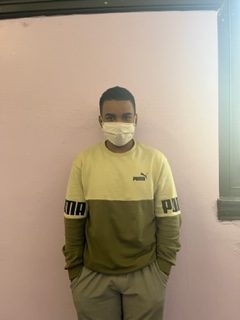
“Bullying was something that surrounded me,” said Ciprian “…there were very few people who spoke my language, so I had to manage how to communicate, which was the worst.”
Not everything is indeed picture perfect when you arrive in a new place. People tend to take advantage of you and bother you for who you are, not taking the time to get to know you, and it’s something they should do. Instead of seeing how students struggle, we have to help them. In the School District of Philadelphia, schools like FLC exist to lend a hand.
One program that makes this kind of helpful environment possible is the Newcomer Learning Academy. The NLA is a program that helps new students to learn English, primarily “who have arrived in the United States within the past year,” according to the School District of Philadelphia’s website.
Clare Luebbert, a history teacher in the NLA, decided to add ESOL certification to her Education degree when she was a master’s student at the University of Pennsylvania.
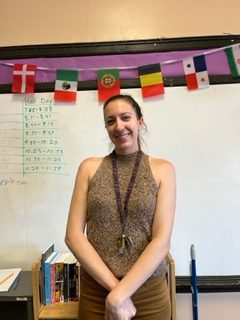
“To teach newcomers, you really have to recognize what they are bringing to the table and all of their knowledge and their background,” Luebbert said. “And also recognize what they may be going through, in terms of how they have to get here, or why they have to come here, and things like do they work after school.”
Cristal Espinal is a senior who started in the NLA program before becoming a Medical Assisting major.
“My experience as an NLA student was good,” Espinal said. “Everyone at the school treated us the same and I felt like part of a family when I was in the program. It was a relief, it didn’t matter if you were wrong or not, they would always be there to help you.”
Even with the support of the NLA, Ciprian knows from experience that integrating into regular classes is still hard.
“Even if you have friends who speak both Spanish and English, I advise you that everything you watch on television, tablet, or phone, is in English,” said Ciprian. “You must involve it in your daily routine so that one thing or another sticks with you.”
“Although learning a new language is difficult, keep trying and practicing the language at home and with friends, above all pay close attention in class, if your first language is Spanish, you will see that some words are super similar in Spanish. At the end of the day, you will see that all the effort will be worth it,” Espinal said.
There are several resources you can turn to, to be one step ahead. Since it is common for it to take 4-7 years to achieve an academic knowledge of English, especially when you start older, there are teachers here that make sure to take you as far as they can during the school year.
Apart from the help you receive, there is no need to use a translator. This is due to the many times it does not give you the translations accurately. Yes, it gives you the sentence you want but it is not very reliable and at certain times there’s no translation for certain vocabulary, or you get words that are beyond your knowledge. So I advise you to limit the use to times when you don’t know how to pronounce a word since there is more certainty that the translation is accurate. And it does ensure that by the next time you already know how to pronounce the word with which you struggled at first and even recognize it. The most important thing is that you are honest with yourself and your teachers, you must not pretend to understand a subject if you do not understand it.
What can teachers do to help?
Luebbert says “when you’re teaching newcomers, it’s just really important to… make everything as visual as you can…like use images, write down instructions, don’t just say them. That helps. Speak at a slower pace. And make sure you’re announcing well.”
With the support of their teachers, these students manage to build a community in which they have someone to trust and where they feel like they belong. But, despite dedicated staff like Luebbert, a Flash staff editorial from 2020 revealed that “55 percent of [NLA] students indicated that they had been discriminated against by at least one group in the school.”
So how can the rest of FLC get involved?
Conversation club is offered after school Monday through Thursday for students who want to “improve their speaking skills and learn new academic and social words and phrases” according to a club flyer. Students at all levels are encouraged to join.
I hope that all language learners are able to have a more successful year and that you’re able to get ahead of yourself. But also make sure to make friends, ask questions, get out of your comfort zone and try different things. Do all you can and want to do. Don’t limit yourself and go ahead, take advantage of the opportunities you have.
And Happy Hispanic Heritage Month!


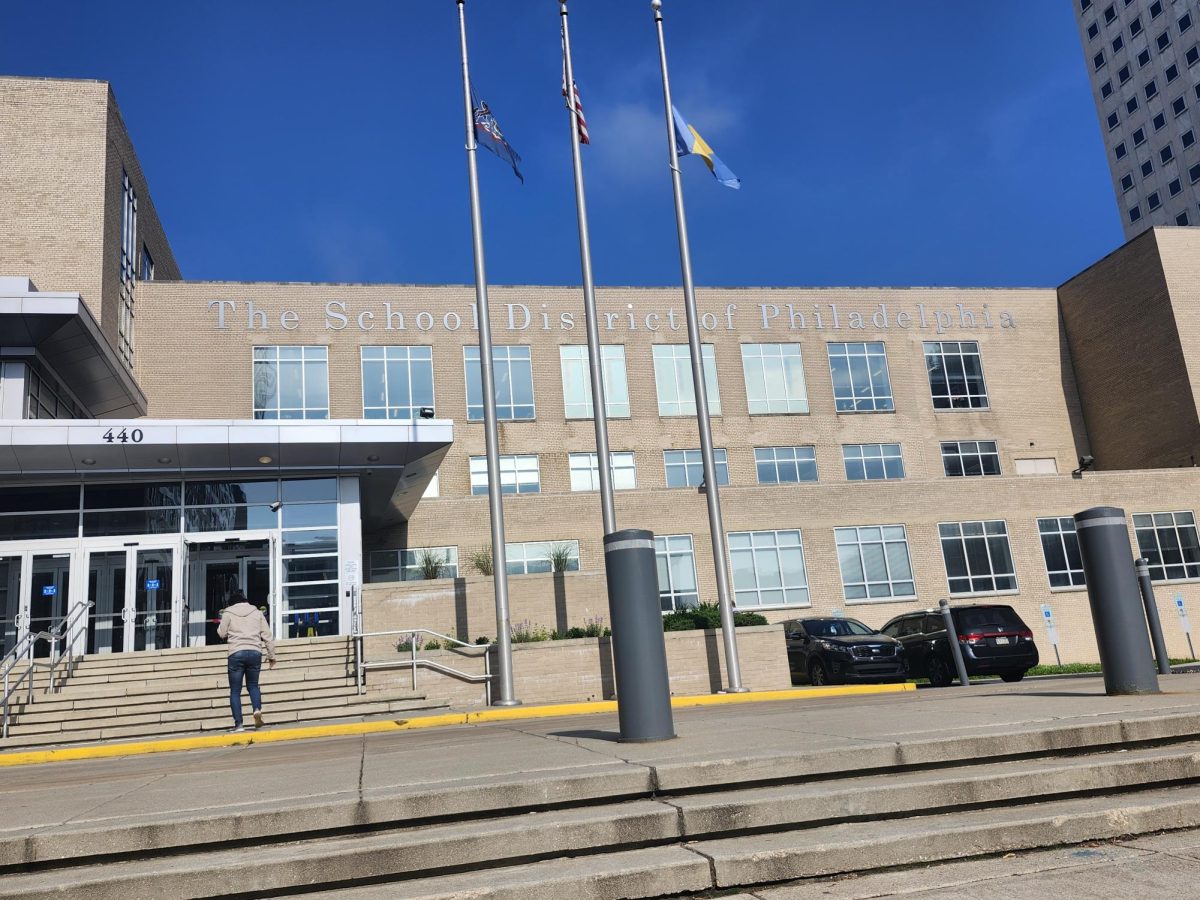

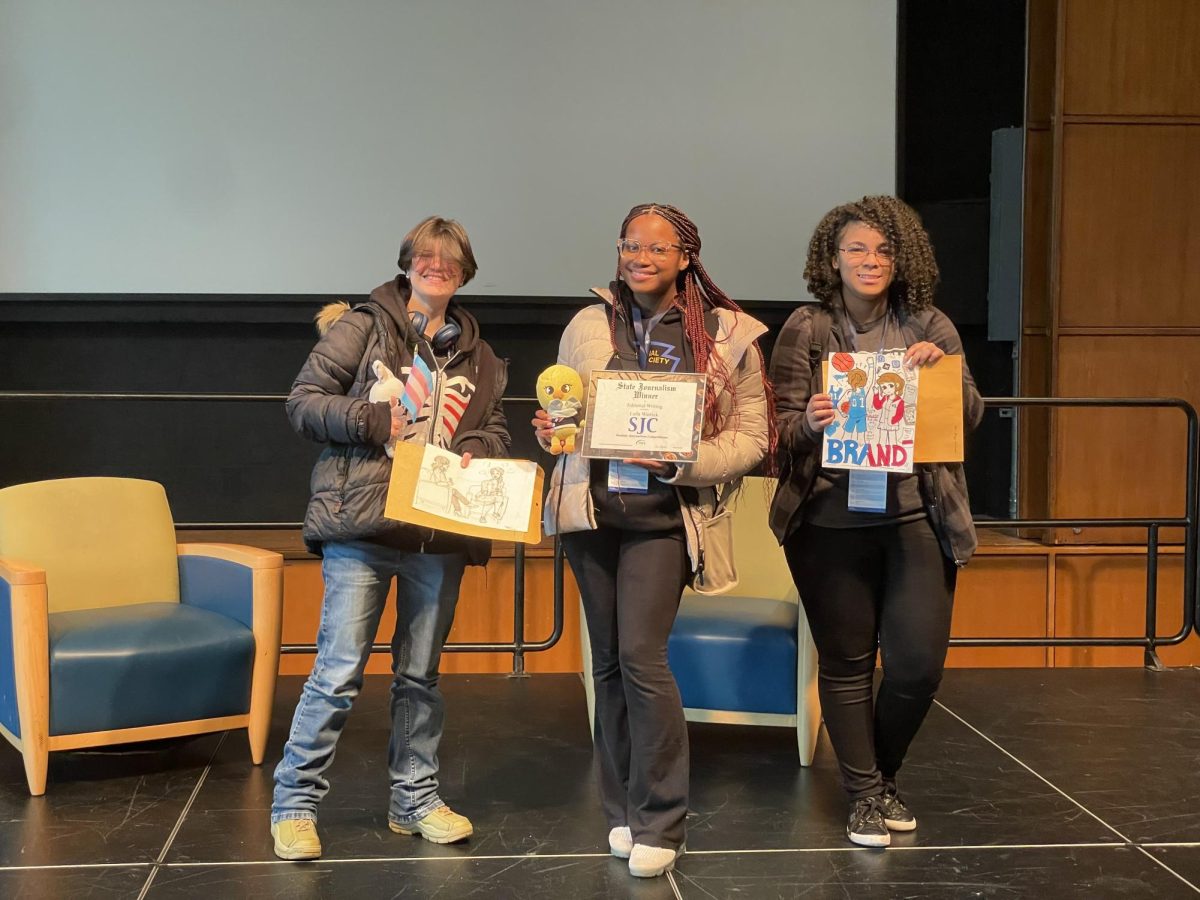
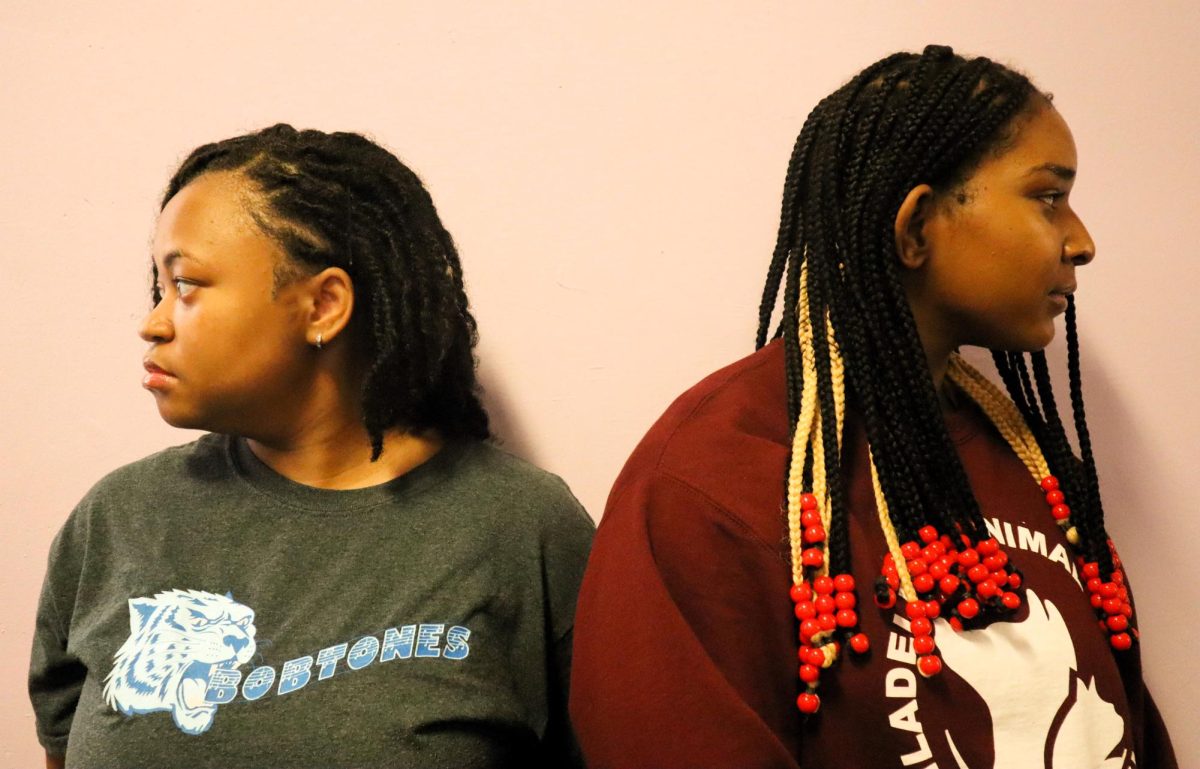
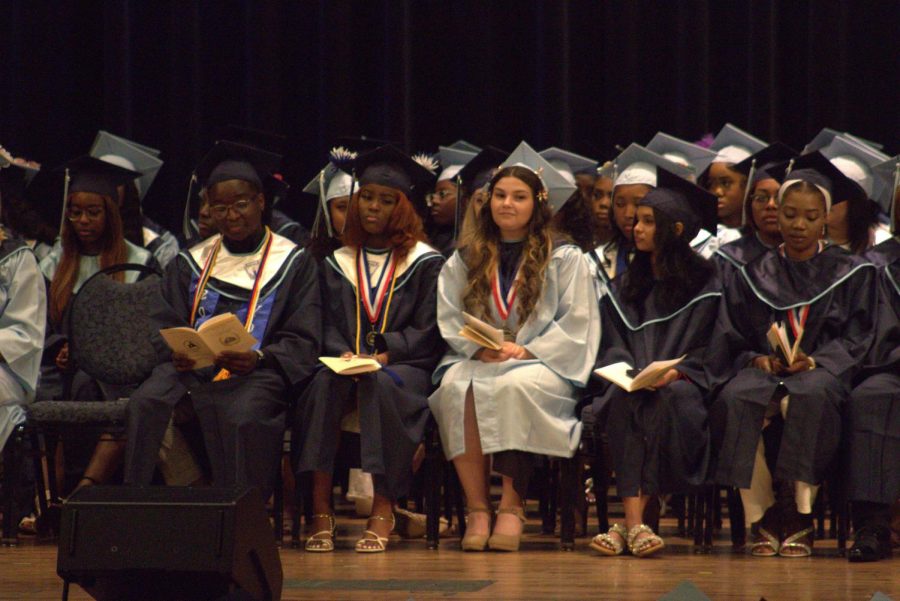
![[VIDEO] FLC 10th grade student awarded $40,000 in a BigFuture Scholarship](https://theflashflc.org/wp-content/uploads/2023/05/Screen-Shot-2023-05-02-at-4.39.10-PM-900x493.png)
![[VIDEO] Mayoral candidates campaign on student issues](https://theflashflc.org/wp-content/uploads/2023/04/IMG_1387-900x506.jpg)


